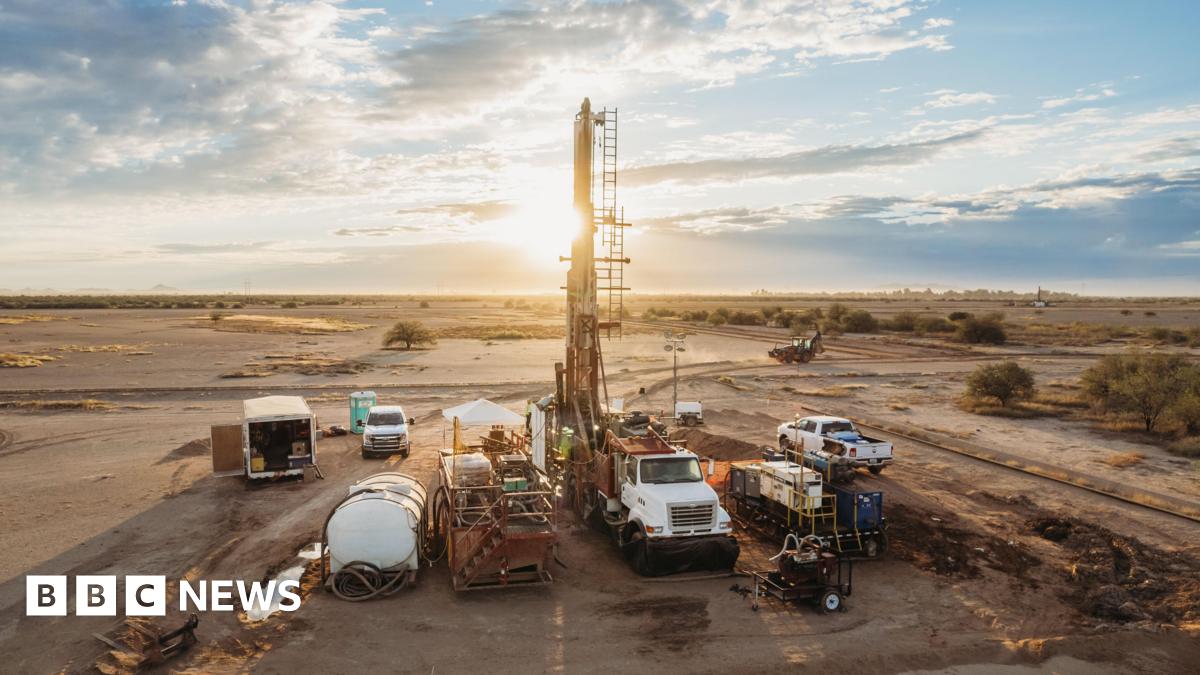However, those higher prices risk broader economic damage such as delays in construction projects, according to Ewa Manthey, who is a commodities strategist at the Dutch bank ING.
“Copper is a foundational input in everything from electronics to manufacturing and construction. When prices rise, so do production costs which can feed into broader inflation,” Ms Manthey said.
She pointed out that pressure came as the US central bank was already resisting Trump’s calls to cut interest rates amid its ongoing struggles to get inflation back to its 2% target.
The US was once the world’s biggest producer of copper and still has plenty left in the ground, but has fallen behind Chile, the Democratic Republic of Congo and Peru.
Its refining capacity has also been falling. In 1997, there were 11 smelters, and now there are only three, which means American copper has had to be sent abroad for processing. Meanwhile, China’s share of global refining capacity has grown to 44%.
A report commissioned by industry body the Copper Development Association concluded that making the most of American reserves required increasing processing capacity in the US.
Most of Mr Friedland’s mining fortune has come from his company’s vast operations in southern Africa and the Democratic Republic of Congo, but he is working on opening what will be America’s first new copper mine in more than a decade.
The Santa Cruz project in Arizona is expected to start production in 2028 and will, he says, deliver copper that is so highly refined it can be used in electronics, modern cars and data centres without requiring processing at a smelter.
And with computer chip maker TSMC and electric car manufacturer Lucid Motors coming to Arizona, Mr Friedland thinks the copper produced will never leave the state.
Other companies are also racing to mine more copper in the US but have been held back by permit delays and legal challenges.
The billionaire insists Trump’s desire to bring manufacturing jobs back to the US will mean even more raw materials are needed and there will be a “continued scramble” for metals.
But others are doubtful Trump’s economic shake-up will be good for growth.
“For the sake of national security, you may be willing to give up certain amounts of economic efficiency” says Adam Posen, President of the Peterson Institute for International Economics.
However, the wide-ranging tariffs will, he argues, be detrimental to the US.
“That’s a very big set of costs to impose on the huge range of people, almost essentially everybody in the US.”
